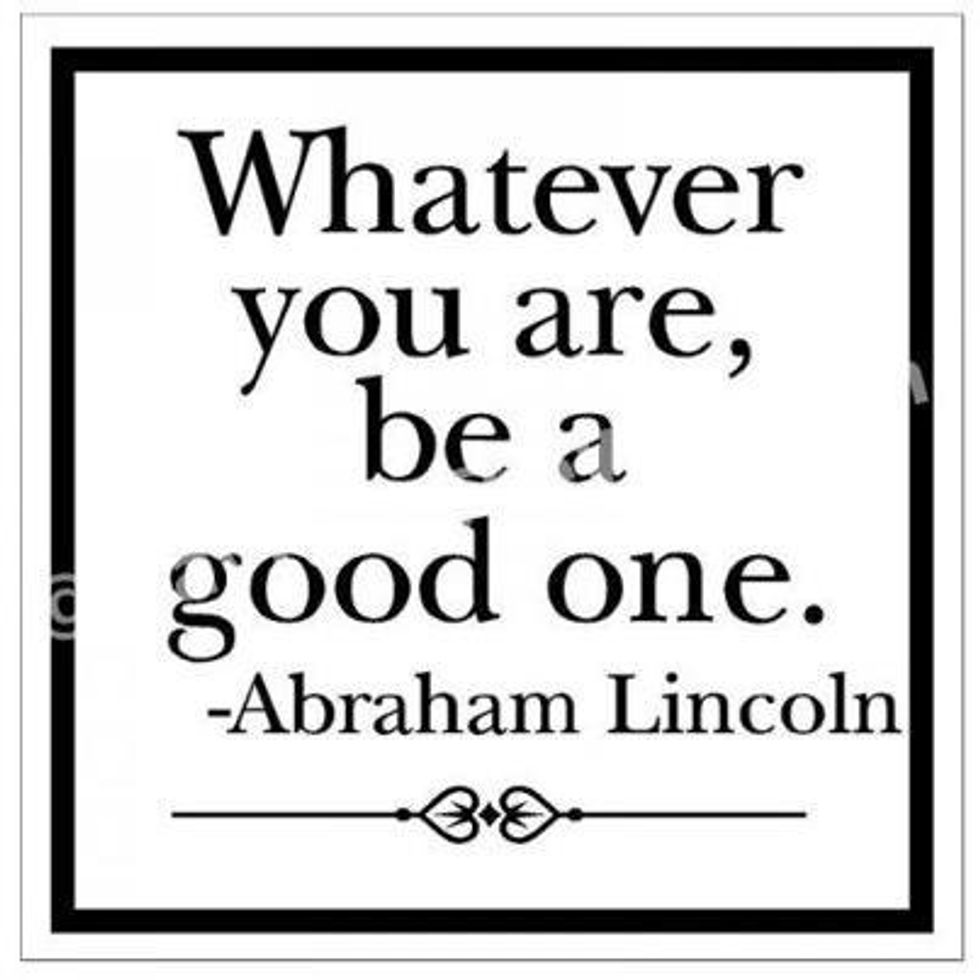Animated movies are enjoyable for all ages. I am a huge fan of Disney, Pixar and DreamWorks Animated films because every single time I watch one, I walk away with a lesson. The moral I walked away with after watching Kung Fu Panda 3 was how to appreciate individual differences in learning. As an education major, this aspect of the film moved me the most.
At the beginning of the movie, Po is told by Master Shifu that he has to teach the rest of the warriors. Po freaks out, thinking, “How in the world am I going to be a teacher?” He has always learned best from his masters and can’t imagine putting himself in their position. During his first teaching lesson, he messes up and things get very chaotic. The different warriors obey whatever he tells them to do and, in doing so, hurt themselves because Po doesn't really know how to instruct them.
Afterwards, he feels bummed while Master Shifu encourages him to embrace his new role. Po doesn’t believe he has any power to be greater and is content being the way he is, but the wise elder insists that there is potential within him.
Shifu: If you only do what you can do, you'll never be better than what you are.
Po: But I like who I am!
Shifu: You don't even know who you are!
When Po is reunited with his real father and they go to the “secret panda village” (cuteness overload from the TV screen), he is promised to master chi, a special role that only pandas know how to perform. It is crucial that Po learns this skill in order to save the town from a vengeful enemy.
Running out of time, Po begs his father to teach him chi—only to learn that his father doesn't know how to do it (or any other panda). Disappointed, Po must prepare to fight by himself, until his two dads (real and adoptive) tell him that the whole panda village will be his army.
Now, we see Po’s true teaching skills come to light. Instead of telling everyone exactly what to do or how to fight, he assigns specific roles to groups of pandas depending on what skills they share and do best. In this way, the whole village becomes involved and they only have to perfect what they already know, not learn anything new.
For example, groups of child-pandas are told to roll down the hills, blast out dumplings from their mouths or kick around whatever touches their feet without letting it hit the floor. The ribbon-girl is told to practice her skills even more so that she can confuse and distract the enemy. Even the panda who hugs everyone he meets (even if he doesn’t know them) is told to hug as hard as he can. By telling everyone to develop their own abilities and skills, Po appreciates everyones’ individuality and encourages them to be the best version of themselves that they can be.
As a result, the town succeeds in distracting the enemy. Everyone sticks to what they can do best, leading to multiple things happening at once. The enemy is truly confused, his jade army gets destroyed and he is left to battle Po alone.
After assembling and leading such an army, Po teaches them who they really are, leading them to master the art of chi. The power comes from within the pandas during the most crucial time of need. All the pandas unite, sit down and use the power within them while mentioning the best version of themselves (the roles they played during the war) to generate enough energy to save Po.
By the end of the movie, Po has proved himself to be an excellent leader and teacher. Without his appreciation for all his learners’ diversity and his decision to allow his learners' to further improve their individual skills, his army would not have succeeded.
Po's “classroom” is another piece of evidence that demonstrates the effectiveness of instances when teachers take students' differences into account. Instead of teaching everyone the exact same way, appreciating the different ways students learn best and taking advantage of their individual skills creates a space that is diverse, inclusive and catered to their needs. All teachers can take this tip: Encourage students to be best version of themselves they can possibly be instead of trying to mold them into the society’s ideas of what successful means.





















